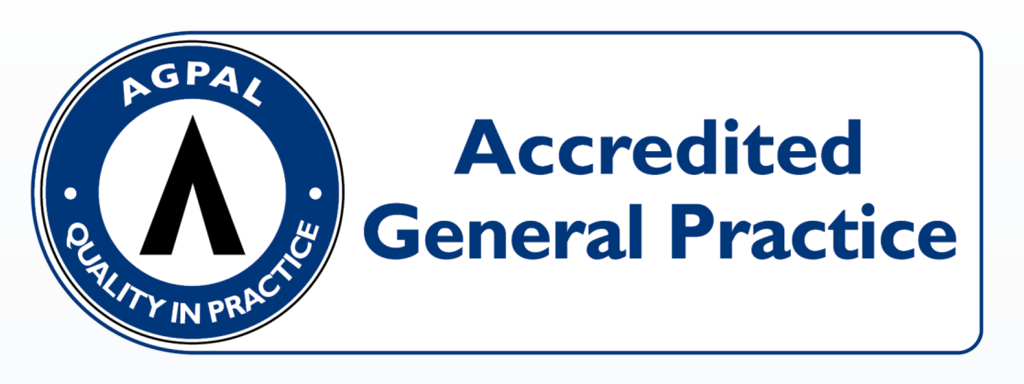13 – 19 November
Perinatal Depression and Anxiety Awareness Week
Everyone’s experience of pregnancy, birth and parenting is different. If you’re feeling overwhelmed, sad or panicky, you’re not alone. Just speak up – talking about it is an important step towards seeking support and feeling better.
Adjusting to parenthood can take time, but if you’re feeling sad, down or worried, it’s time to speak up and get the support you need.
Adjusting to parenthood
It’s 4am and you’ve been up five times already. Up to your elbows in dirty nappies and baby vomit, you ask yourself – again – how a tiny body can make so much noise.
Sound familiar?
Being a parent is hugely rewarding, but it’s also hard work – especially at first. Dealing with changes in your everyday routine and sleepless nights as you learn to look after your baby can take lots of energy, emotional commitment and patience. There will be lots of times when you don’t quite know what to do, but try and remember that it’s the same for everyone – you’re learning on the job. Adjusting to parenting is a process of trial and error, good days and bad, and it’s common to take a while to feel comfortable and confident in your new role.
Do I need support?
Most new parents need a bit of extra support from family and friends, especially at the beginning. This could include practical stuff like helping with household chores or watching the baby or other children to give you a break, or emotional support – just being there to listen. Think about what would be most useful for you, communicate this to the people around you, and make sure you accept any offers!
This is particularly true if you’re a single parent. Having a network of friends, other parents, neighbours and relatives you can call on to help out can make a massive difference – you don’t have to go it alone.
If you’re experiencing ongoing distress that doesn’t go away on its own and begins to affect your ability to function day-to-day, or you’re not feeling close or connected to your baby after a few weeks, it’s important to talk to your health professional. This may be a sign that you are experiencing anxiety, depression or another mental health condition.
Dealing with mixed emotions
For many people, becoming a parent means that their hopes and dreams have come true. They love holding, touching, watching and smelling their baby. A couple may also experience a deepening sense of love and connection between each other and their baby.
For others, emotions are mixed with feelings of frustration and regret at losing their old life – things like financial independence, career, spontaneity, and time with their partner and friends. Some people also feel trapped by the huge change that has completely taken over their life and sense of self. They might panic that their identity as an individual has been replaced by that of ‘parent’.
Coupled with fears about whether you’re doing a good job or not, these doubts and negative thoughts can cause huge feelings of guilt for new parents.
It’s important to bear in mind that these experiences are normal and part of the adjustment process – not a sign that you don’t want or love your baby.
For further information visit https://healthyfamilies.beyondblue.org.au/pregnancy-and-new-parents/just-speak-up
Visit www.wnhs.health.wa.gov.au/emotionalhealth.php for events.



